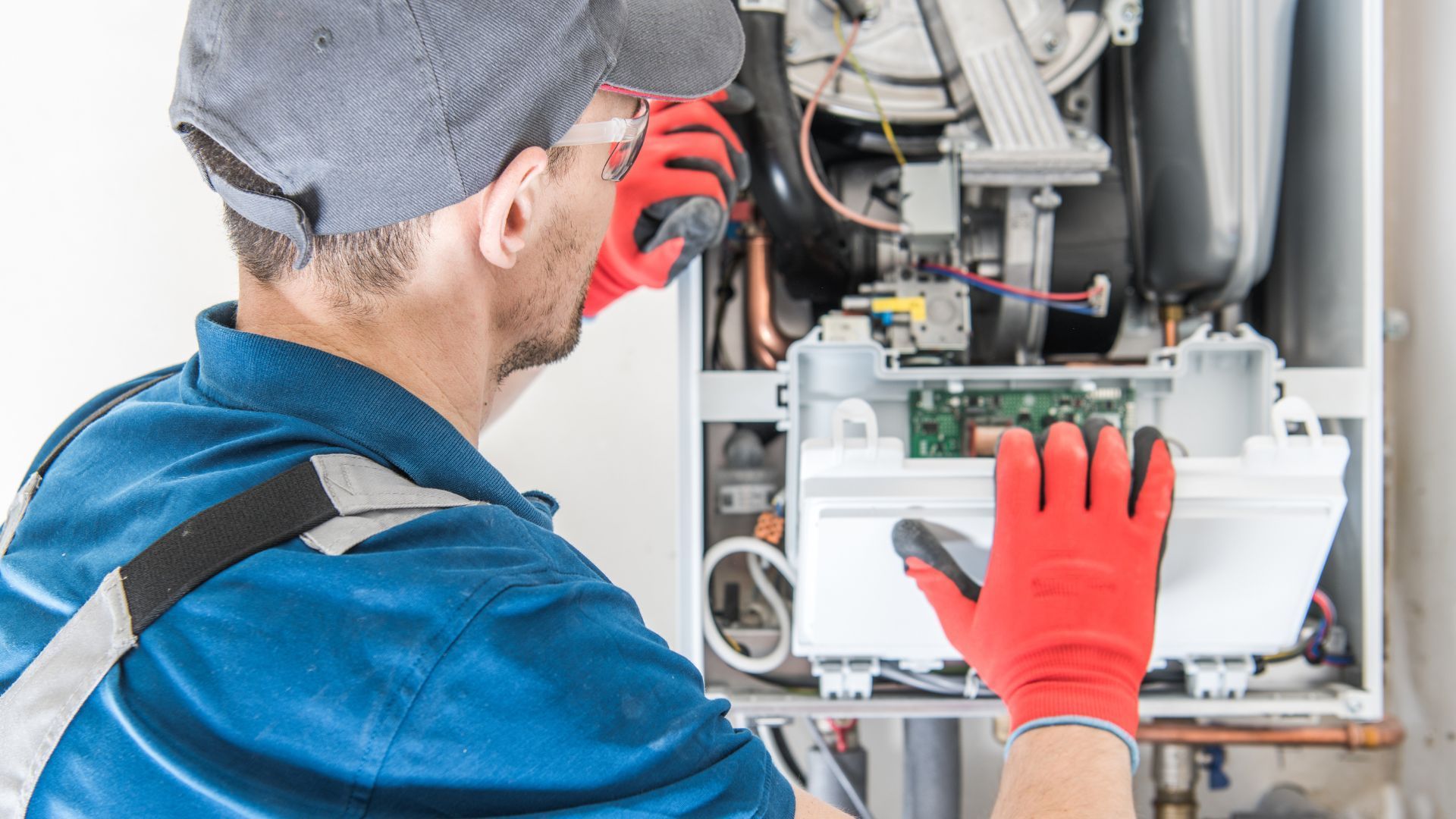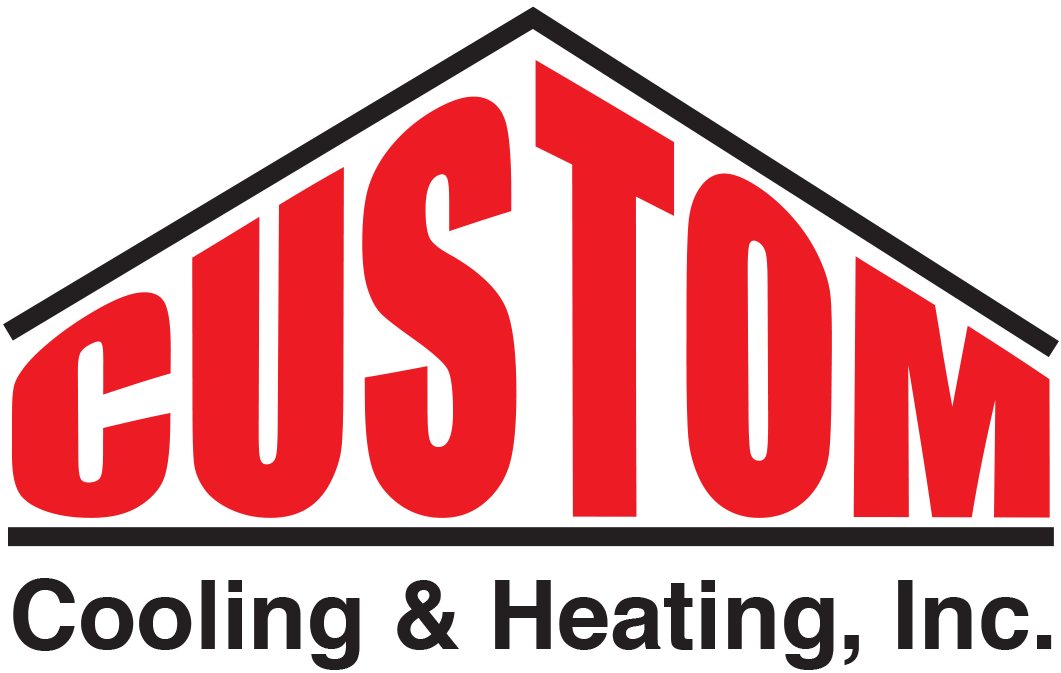How do I Choose Between an Electric vs. Gas Furnace?
Just can’t seem to get your home warm enough in cooler temperatures? Well, it may be time to upgrade your heating system! Yet, with so many different types of systems to choose from, how do you know which one is right for you? Custom Cooling & Heating is here to help you navigate that decision-making process. So, let’s talk about furnaces. In this blog, we’ll answer the question “How do I choose between an electric vs. gas furnace?”
1. Efficiency and Operating Costs
Electric furnaces are known for their 100% efficiency (buy $1 of electricity and get $1 worth of heat) and typical lower installation costs compared to gas furnaces. They don't need a flue or vent, so that makes the installation process easier and less expensive than gas furnaces. The downside to electric furnaces is that they can be more costly in the long run to operate in areas with higher electricity rates and sometimes the home doesn’t have the adequate electrical panel size or space for the electric furnace.
On the other hand, gas furnaces typically have lower operating costs, especially in areas where natural gas is readily available and fairly affordable. The initial investment may be higher, but the long-term savings on energy bills can definitely offset those costs, especially if you chose a 96% - 97% efficiency gas or propane furnace.
2. Performance and Comfort
Gas furnaces are known for their incredible heating abilities. They can warm up spaces of any size and any temperature, getting the job done quickly and efficiently. They provide consistent heat, which can be especially comforting in colder climates. All new models have a high efficiency blower and many have 2-stage or multi-stage heating capability.
Electric furnaces may be efficient, but they might struggle to keep up with that same level of heating performance as gas furnaces, particularly in extreme cold conditions. Electric furnaces are typically coupled with heat pumps allowing them to only needed during colder temperatures. Electric furnaces typically have a louder blower noise due to their design.
3. Environmental Impact & Sustainability
Electric furnaces produce zero emissions while in use, making them a cleaner and more environmentally friendly option. Electric furnaces are considered a more sustainable choice, bonus points if they’re powered by renewable energy sources like solar or wind. Keep in mind a lot of our electrical energy in the midwest comes from either coal fired or natural gas power plants.
While gas furnaces are efficient, they do produce emissions during combustion, contributing to air pollution and greenhouse gas emissions. Luckily, modern technology allows for more environmentally friendly options with lower emissions. There is not a lot of wasted energy in the combustion process of a 95% or 97% furnace.
4. Installation and Maintenance
Electric furnaces are typically easier to install and require less maintenance than gas furnaces. Because they don't require a flue or chimney, there are no concerns about carbon monoxide leaks or gas line connections. Electric furnaces still need maintenance but there are less components internally to fail than a typical gas furnace.
Gas furnaces require proper venting and combustion air supply, which might require additional installation considerations. They also need regular maintenance, including annual inspections and cleaning of the burner and flue.
Making the Right Choice
Choosing between an electric and gas furnace ultimately depends on what your specific needs, budget, and priorities are. If you’re looking for energy efficiency and environmental sustainability, an electric furnace may be the way to go. But if heating capabilities and lower operating costs fit your needs better, a gas furnace may be the better choice for you.
At Custom Cooling & Heating, we're here to help you make an informed decision and find the perfect
HVAC system solution for your home.
Contact us today to learn more about our furnace options and schedule a consultation with one of our experts.
Read our latest articles



